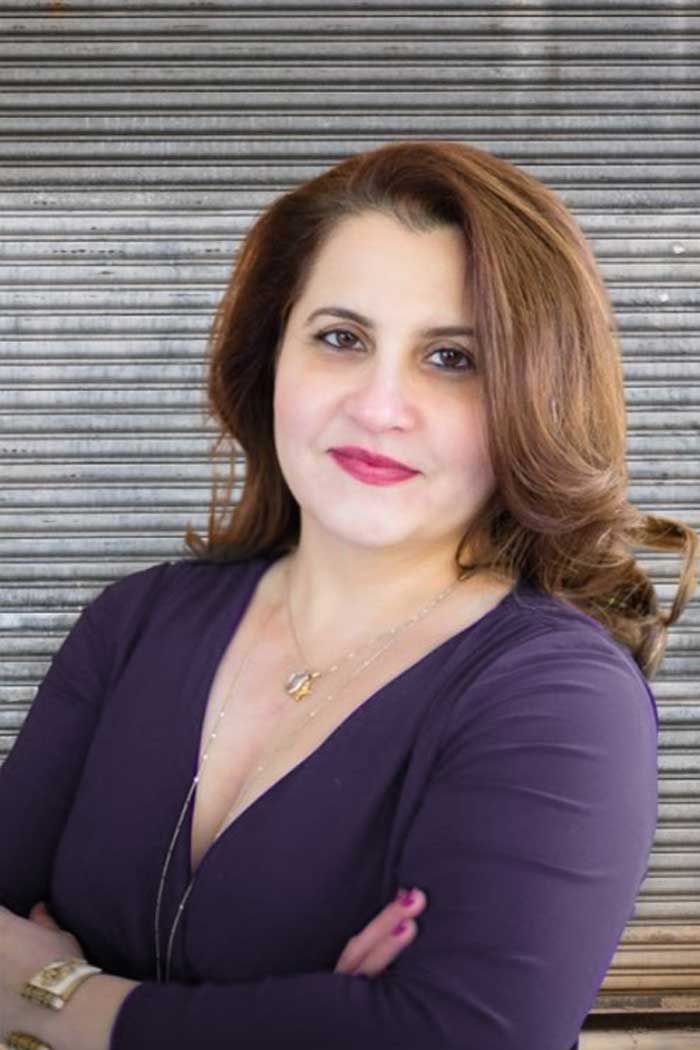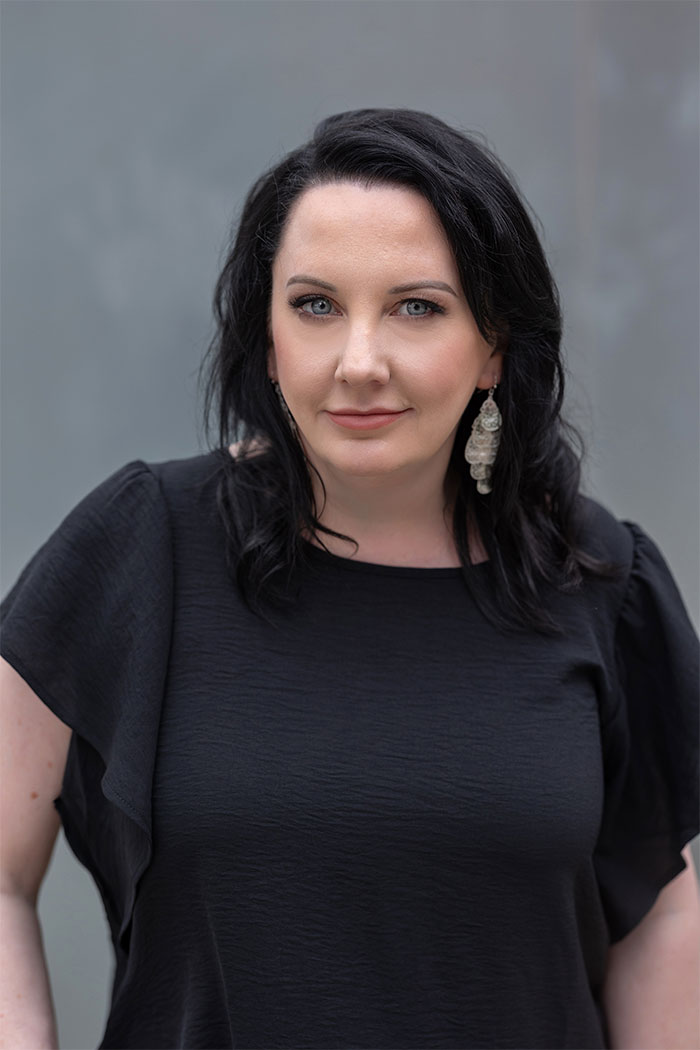Today is Sigmund Freud’s birthday. You know, the father of psychoanalysis. The man who first pulled the curtain back on the unconscious mind, gave us a vocabulary for defense mechanisms, and essentially laid the groundwork for every self-help book that came after him.
And while Freud’s contributions to the field of psychology were undeniably groundbreaking, they were also steeped in the social norms of his time: namely, Victorian patriarchy dressed up as science.
It’s worth asking: How much of that patriarchal framework are we still dragging into therapy rooms today?
From Diagnosis to Dysfunction: Freud and the DSM
Freud helped usher in a model of mental health that viewed emotional suffering as something to be analyzed, diagnosed, and often pathologized. That legacy didn’t end with him. The DSM (Diagnostic and Statistical Manual of Mental Disorders), which still governs much of Western clinical psychology, follows a similar logic: If you feel too much, too often, or outside the norm, it’s a disorder. Something to be corrected.
But whose norm are we talking about?
The DSM was built in a system that historically centered white, cisgender, heterosexual men. Anything else was considered a deviation. Homosexuality was listed as a mental illness until 1973. Grief, once understood as a natural response to loss, now has a timeline. And women expressing valid emotions were (and still are) frequently labeled as “borderline,” “hysterical,” or “too much.”
The modern translation of “hysteria” might be: Have you considered taking Lexapro?
Women show up to therapy with legitimate rage after decades of being dismissed, and it’s labeled “disregulated.” They push back on systems that harm them and get hit with “oppositional defiance.” They burn out under the weight of unpaid emotional labor, and the solution is often yoga and a mood stabilizer. Not justice. Not relief. Not even curiosity.
And then there’s the hormone gap.
We now know that normal hormonal fluctuations can cause symptoms that look a lot like “disorders” on paper: intrusive thoughts, memory loss, sensory overwhelm, suicidal ideation. Conditions like PMDD and perimenopause are just beginning to be studied with the seriousness they deserve. But how many women have already been misdiagnosed, medicated, or gaslit out of trusting their own experience?
Let’s call it what it is: a systemic failure to understand the female body, repackaged as clinical expertise.
What we call a diagnosis is often just the medicalization of someone’s adaptation to oppression.
CBT, DBT, and the Performance of Emotional Control
Cognitive Behavioral Therapy (CBT) and Dialectical Behavior Therapy (DBT) are considered gold standards in the field: structured, research-backed, practical. They teach people how to challenge distorted thoughts, regulate emotions, and build new behaviors.
And they can be effective, especially for managing symptoms in the short-term.
But here’s the problem: these models are still built on the assumption that the client needs to be fixed. That their cognitive distortions are internal rather than socially conditioned. That emotional dysregulation is a problem to be solved, not a signal worth listening to.
In patriarchal systems, emotional control is currency. Especially for women. Especially for women in leadership. So we end up teaching people how to function in systems that are actively harming them, without ever questioning the system itself.
We tell women to regulate their nervous systems while they’re being gaslit in the boardroom. We coach them to “reframe negative thoughts” instead of validating the very real power imbalance they’re navigating. We ask them to stay grounded while their bodies are screaming that something is off.
CBT says: Let’s change how you think about the fire, instead of attempting to extinguish it.
IFS and the Turn Toward Integration
Then there’s Internal Family Systems (IFS), a model that fundamentally shifts the paradigm. Instead of asking “What’s wrong with you?” IFS asks “What happened to you?” Instead of reducing a person to symptoms, it sees a complex inner system of parts: protectors, exiles, managers, all trying to keep you safe.
There’s no pathology in IFS. Only survival strategy. And instead of trying to eliminate “bad behaviors,” it invites curiosity. Compassion. Connection.
A woman who lashes out during conflict? In IFS, she might be seen as having a protector part guarding a deeply exiled wound from early betrayal. A high-achieving executive with burnout and perfectionism? IFS would explore the part of her that learned success was the only path to safety. There is no “resistance.” There’s only the brilliance of what kept her intact.
This isn’t just more trauma-informed. It’s more human.
Authentic Intelligence and the Future of Mental Health
As someone who has spent the last two decades coaching leaders, training coaches, and witnessing how deeply people have internalized the need to perform wellness, I’ve seen firsthand what happens when we finally drop the script.
This is why I developed the Authentic Intelligence (AQ)™ framework. It goes beyond EQ and IQ. It integrates emotional mastery, intuitive insight, and cognitive discernment into something that allows for transformation, not just tolerance. It doesn’t pathologize the parts of you that feel lost. It helps you lead them.
It’s not about high-functioning. It’s about full integration.
You’re not broken. You were built to carry more truth than the system ever made space for.
So, What Do We Do With Freud?
We don’t need to cancel Freud. We need to contextualize him.
He opened the door. But we’ve spent too long treating his theories as gospel instead of origin. We’re overdue for a new chapter in the story of human healing — one that honors the parts of us that were never meant to be exiled in the first place.
We can thank him for the match, and stop worshipping the smoke.
#psychology #leadershipdevelopment #mentalhealth #coaching #IFS #positivemindset #authenticintelligence
About the Author
Kathleen O’Grady is a Master Certified Coach, executive coach trainer, and the creator of the Authentic Intelligence™ (AQ) framework. She’s the founder of Authentic Leadership Advisors and leads the Certified Authentic Leadership Coach (CALC) program for coaches who are done with surface-level scripts and ready to work with real complexity. For close to 20 years, she’s been challenging the outdated models that tell people (particularly women) they’re too emotional, too intense, or too much. Her work cuts through the noise, questions everything the system sold us about mental health and leadership, and reminds people that what they’ve been told is a flaw might actually be wisdom in disguise.





